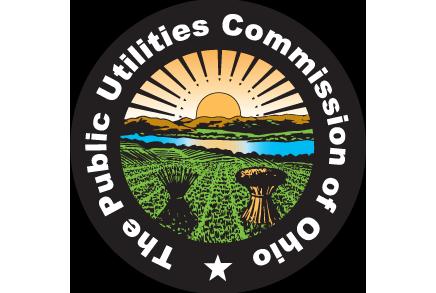Regulators urged to reverse ‘net metering’ decision
By Dan Gearino
The Columbus Dispatch
Ohio officials made a serious mistake with a recent ruling that will discourage the use of renewable energy systems at homes and businesses, said environmental advocates Wednesday during a rare hearing before state regulators.
Utility companies supported the recent policy shift that reduces some of the financial incentives of using the systems, which include solar panels and wind turbines.
The Public Utilities Commission of Ohio convened oral arguments on the topic as commissioners are trying to decide how to rule on various appeals that were filed in response to a November ruling.
“You should be sending the right signals to get those cost-saving resources onto the grid,” said Madeline Fleisher, an attorney for the Environmental Law & Policy Center, speaking for a coalition of environmental advocates.
She said that consumers’ use of wind and solar power is good for the grid because it reduces the demand for electricity from other sources, which helps to reduce everyone’s cost of electricity during times of peak usage.
The November ruling reduces the amount of credit a customer can receive for excess electricity sold into the grid. This would apply to people whose systems generate enough electricity to offset all of their use, and have some left over.
Steve Nourse, an attorney for American Electric Power, said the PUCO was mostly correct with its November ruling. He noted that consumers still have the ability to offset their own electricity use and have bills that approach close to zero.
He raised the concern that an overly generous payment system would mean that other customers would be left to pick up a larger share of the costs for maintaining the grid.
Rooftop solar customers are “using the grid, and that’s picked up by all of the other customers,” he said.
AEP has about 1,400 customers with their own solar or wind systems, the company says. That is a fraction of 1 percent of the company’s 1.5 million customers in the state.
The case, which has been active since 2012, has been a forum for arguments about the set of policy issues often called “net metering,” which deal with how customers are compensated for the output of their own energy systems.
Among the other key players are businesses that build, develop or install renewable energy systems. They were represented on Wednesday by One Energy of Findlay, a developer of wind energy systems. The company’s attorney, Katie Johnson Treadway, took issue with utility companies’ assertion that some renewable energy systems may be unsafe in certain situations.
“We are not unsafe,” she said. “We are a threat to their business model.”
Her comment was one of the few times such undercurrents came to the surface, touching on how home- and business-based energy systems are competition of sorts for utility companies.
There was little indication of whether any of the arguments were swaying the commissioners. Next, the five-member commission will decide whether to change any aspect of its November ruling, which could happen as soon as the next few weeks.
Asim Haque, the PUCO chairman, said the session was “extraordinarily helpful.” This is the first time the panel has held oral arguments since a 2014 case involving AEP.



